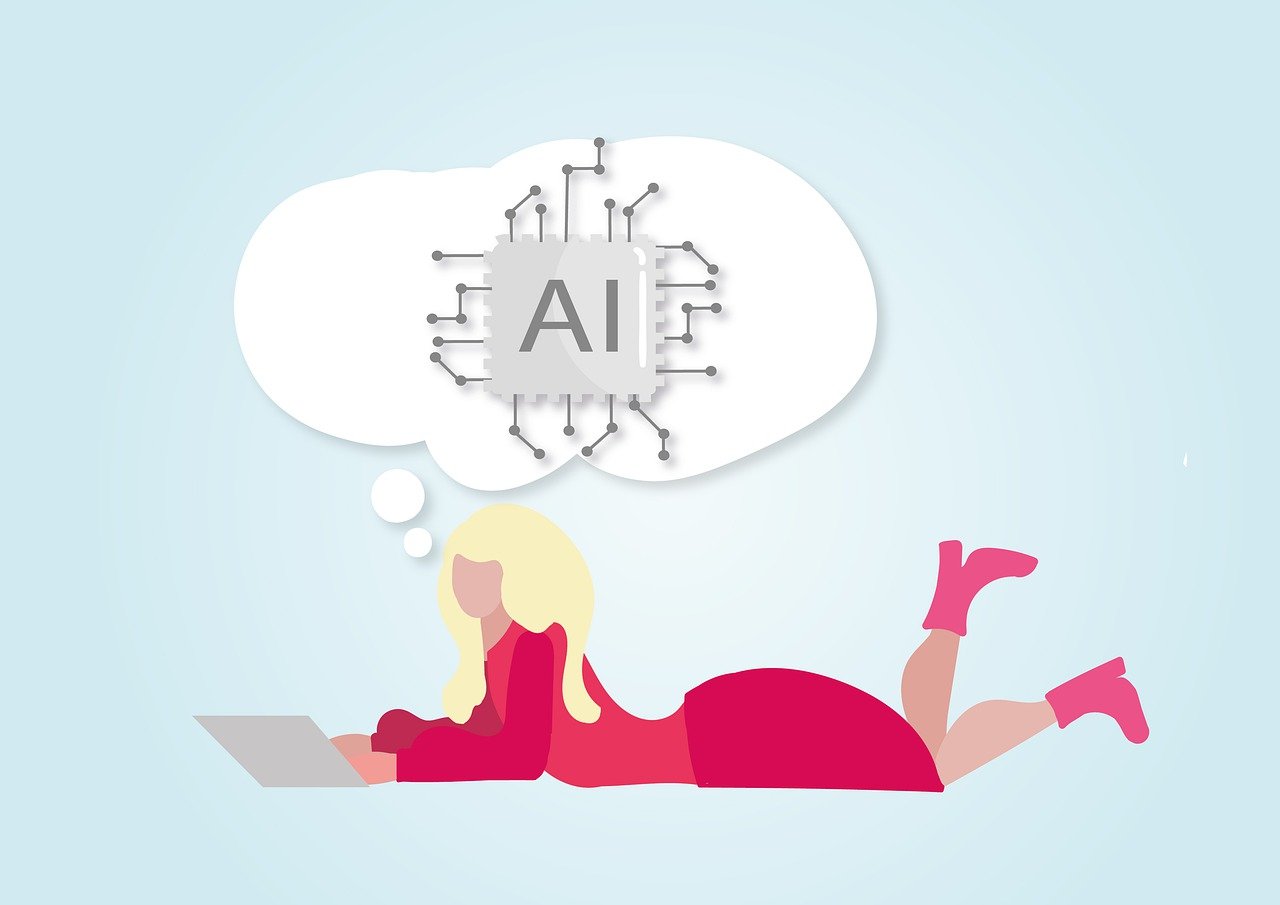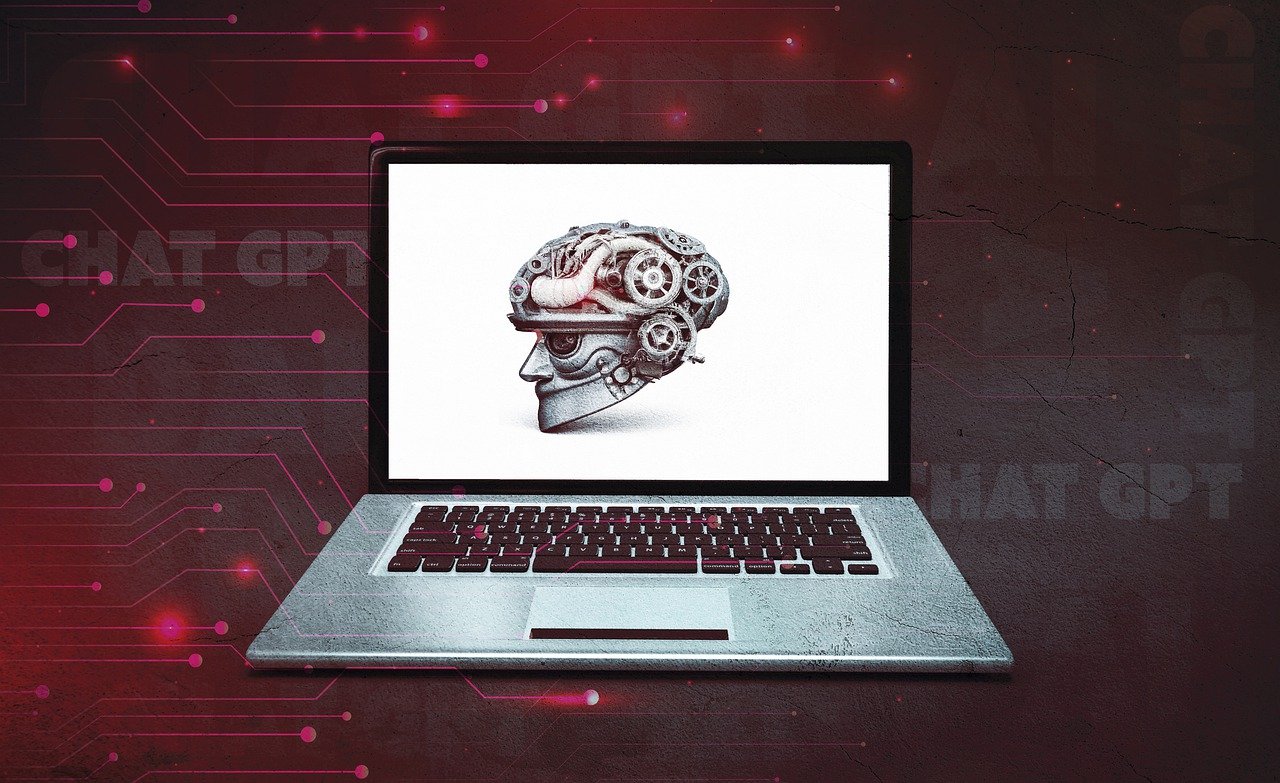The landscape of web development is rapidly evolving, with AI in web development emerging as a transformative force. From automating mundane tasks to enhancing user experiences, AI-powered tools are reshaping how websites are designed, built, and maintained. This shift is not just about efficiency; it’s about creating more intelligent, responsive, and personalized web experiences that were once thought impossible.
AI in Website Design and User Experience
Artificial Intelligence is revolutionizing website design and user interaction, offering unprecedented levels of personalization and automation in the creation of user interfaces.
AI-Driven Personalization
AI algorithms analyze vast amounts of user data to deliver tailored experiences, significantly improving engagement and conversion rates. By understanding user preferences, behavior, and context, websites can now offer content and recommendations that resonate on a personal level.
Key use cases for AI-driven personalization include:
- Personalized product recommendations in e-commerce
- Dynamic content delivery based on user interests
- Customized email marketing campaigns
- Adaptive user interfaces that adjust to individual preferences
- Location-based content and offers
- Personalized search results within websites
Automated User Interface (UI) Design
AI is transforming the way designers approach UI creation, offering intelligent suggestions and even generating entire layouts based on user preferences and best practices.
| AI Design Tool | Key Features | Best For |
|---|---|---|
| Galileo AI | Layout generation, responsive design, real-time collaboration | Rapid prototyping, startups |
| Midjourney | Image generation for web assets, creative inspiration | Visual content creation, branding |
| Figma AI | Design suggestions, component organization, accessibility checks | Comprehensive UI/UX design |
| Adobe Sensei | Color palette generation, image editing, font pairing | Professional designers, large teams |
These tools not only speed up the design process but also introduce novel ideas and layouts that human designers might not have considered, pushing the boundaries of web aesthetics and functionality.
AI in Code Generation and Development Automation

The integration of AI into the coding process is dramatically increasing developer productivity and code quality.
AI-Powered Code Suggestions
Tools like GitHub Copilot and ChatGPT are revolutionizing the way developers write code, offering intelligent suggestions and even generating entire functions based on natural language prompts.
Benefits of AI-powered code assistance:
- Reduced coding errors and bugs
- Faster project completion times
- Easier learning curve for new programming languages
- Improved code consistency across projects
- Enhanced problem-solving capabilities
- Simplified documentation writing
Automated Testing and Debugging
AI is taking on a crucial role in ensuring code quality through automated testing and intelligent debugging processes.
| AI Testing Tool | Primary Function | Key Advantage |
|---|---|---|
| Applitools | Visual UI testing | Detects visual regressions across browsers and devices |
| Testim | End-to-end test automation | AI-powered test creation and maintenance |
| Functionize | Intelligent test automation | Self-healing tests that adapt to UI changes |
| Mabl | Low-code test automation | Integrates easily with CI/CD pipelines |
These tools not only save time but also catch subtle bugs that might escape human testers, leading to more robust and reliable web applications.
Enhancing Website Security with AI
Artificial Intelligence is becoming an indispensable ally in the ongoing battle against cyber threats, offering predictive and adaptive security measures.
Real-Time Threat Detection
AI systems excel at monitoring and analyzing vast amounts of traffic data in real-time, identifying potential security threats before they can cause significant damage.
Common AI-powered security tools for real-time threat detection:
- Darktrace: Uses machine learning to detect anomalous behavior
- Vectra AI: Automates threat detection and response
- Cylance: Employs AI to prevent malware and fileless attacks
- Crowdstrike Falcon: Provides AI-driven endpoint protection
- IBM QRadar: Offers AI-enhanced SIEM (Security Information and Event Management)
AI in Data Privacy
As data privacy regulations become more stringent, AI is playing a crucial role in automating compliance and enhancing data protection measures.
Examples of AI applications in data privacy:
- Automated data classification and tagging
- Intelligent encryption key management
- Anomaly detection in data access patterns
- Privacy-preserving machine learning techniques
- Automated compliance reporting for GDPR, CCPA, and other regulations
SEO and AI Integration

AI is transforming SEO from an art into a data-driven science, offering more precise and effective strategies for improving search rankings.
AI-Powered Keyword Research
AI tools are revolutionizing keyword research by analyzing vast amounts of search data and user behavior to identify high-potential keywords and content opportunities.
| AI SEO Tool | Key Features | Unique Selling Point |
|---|---|---|
| SurferSEO | Content optimization, SERP analyzer | Real-time content scoring and suggestions |
| SEMrush | Comprehensive SEO suite, AI writing assistant | Integrates competitive analysis with content creation |
| Clearscope | Content optimization, keyword discovery | AI-driven content briefs and competitor analysis |
| MarketMuse | Content planning, topic modeling | Uses AI to map out entire content strategies |
Voice Search Optimization
With the rising popularity of voice-activated devices, optimizing for voice search has become crucial. AI helps in understanding and optimizing for natural language queries.
Tips for optimizing content for voice search:
- Focus on conversational, long-tail keywords
- Optimize for featured snippets and position zero
- Improve website loading speed for better voice search performance
- Use schema markup to provide context to search engines
- Create FAQ pages addressing common voice queries
- Ensure mobile-friendliness, as most voice searches occur on mobile devices
The Future of AI in Web Development
As AI continues to evolve, its impact on web development is set to become even more profound, potentially reshaping the entire industry.
AI-Generated Web Applications
The future may see AI systems capable of generating entire web applications based on simple descriptions, dramatically reducing the need for manual coding.
Emerging tools pushing towards this future:
- GPT-3 powered website builders: Creating simple websites from text descriptions
- AI-driven low-code platforms: Enabling non-developers to create complex applications
- Autonomous web design systems: Generating and optimizing designs without human intervention
- AI project managers: Overseeing development processes and resource allocation
Ethical Considerations
As AI becomes more integral to web development, addressing ethical concerns becomes paramount to ensure responsible and beneficial use of the technology.
Ethical challenges to consider:
- Algorithmic bias in AI-generated designs and content
- Privacy concerns with AI-driven personalization
- Potential job displacement in the web development industry
- Transparency in AI decision-making processes
- Accessibility issues in AI-generated interfaces
- Environmental impact of energy-intensive AI computations
Conclusion
The integration of AI into web development is not just a trend; it’s a fundamental shift in how we approach creating and maintaining web applications. From personalized user experiences and automated coding to enhanced security and data-driven SEO, AI is touching every aspect of the web development process.
As we look to the future, the potential of AI in web development seems boundless. However, with great power comes great responsibility. Developers, designers, and businesses must stay informed about these advancements while also considering the ethical implications of AI integration.
By embracing AI technologies responsibly, the web development community can create more intelligent, efficient, and user-centric web experiences that were once thought impossible. The future of web development is here, and it’s powered by AI.

